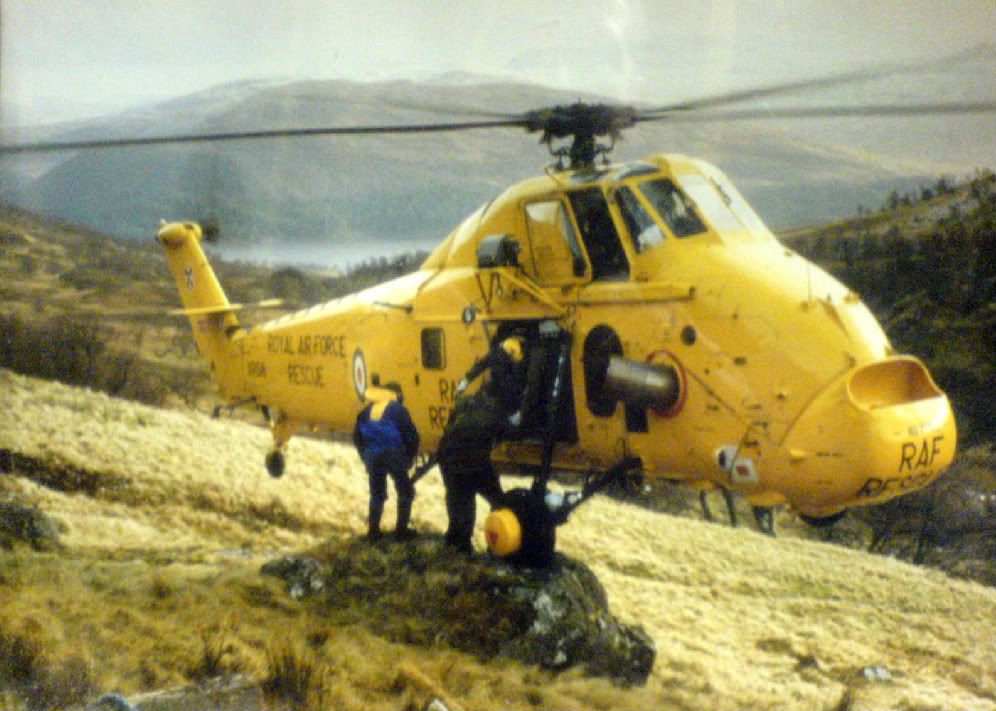Meh, land on some rocks, the beach, the dirt, a wall, pavement, perching, landing on uneven surfaces, slopes, hell almost any surface, BFD! lmao (jk) Helicopters are amazing machines and the versatility of them, just endless, really. When you are competent at flying them, it must be a more (okay this will sound weird) sensual feeling, of being one with the machine in some ways and working with it. But it's constant work too and rather intense, it seems to me. Your hands and feet have to be going all the while, I am guessing. (again wtf do I know) And I think the lift off in itself and the "feel" you need to have for instance, to not roll her over is interesting in itself. Then there is that whole vortex ring state thing. That seems pretty ugly and I am still reading a bit about that. I haven't even figured out some of the terms yet that I have been trying to read about in regards to helicopter flying like translation lift, recirculation (which is something that can occur in low hovering in ground effects...I think?), retreating blade stalls and much more. It's difficult somewhat, because I am trying to put the pieces of the puzzle together from what I am picking up here and there to understand this type of flying better.
I am also trying to work up to going for a ride in one, at some point if I can find my cojones because I do find choppers so interesting and have watched them for so many decades at static displays and flying at various airshows and on certain tv shows. (like Alaska Coast Guard and shows about bush pilots and shows on the military channel, etc.) I can get in just about any kind of fixed wing aircraft and have the confidence and skills to fly just about any fixed wing plane, or learn to in a relatively short amount of time and I understand them inside and out, so I need to overcome my hesitance regarding choppers. I think it's that whole loss of control, (as a pax and I would be worthless, actually deadly lmao, in trying to fly one) and if anything happens, I am toast thingy. lol
I really like this thread though and I greatly appreciate all the pilots here who fly these machines, coming on here to educated the rest of us. The flying is just so different than anything I have ever done and it's fun to try and learn more about it and it's very interesting for me anyways. I can go on all day about radial engines for example, but helicopters....baby in the woods just trying to understand them better and the skills and physics involved in flying them.
I enjoyed this quote in an article I had read recently regarding flying choppers: "This is why being a helicopter pilot is so different from being an airplane pilot, and why in generality, airplane pilots are open, clear-eyed, buoyant extroverts and helicopter pilots are brooding introspective anticipators of trouble. They know if something bad has not happened it is about to."

